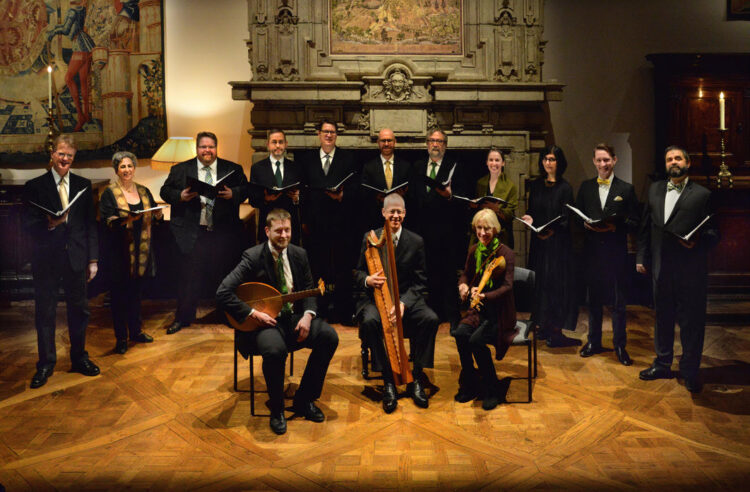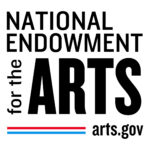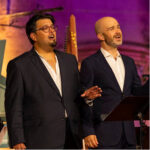
In Memoriam: James Nicolson
We remember harpsichordist and virginalist James Nicolson, who passed away last week. He was lauded as one of the most esteemed figures in America's early-music community.

Party on for Ockeghem’s 600th
An Ockeghem marathon, coming next week to the Met Cloisters in New York, is the latest event celebrating the composer's 600th. New recordings and new approaches to 'the hardest composer' of the 15th century is helping lift his reputation from mystical and complex to something more universal: 'it's just fabulous music.'

Canto: Ending the Stigma of Singers and Hearing Loss
'We’re all keenly aware of the stigma in classical music about people with hearing loss,' writes tenor Thomas Cooley. 'The doctor asked why I was crying. I responded: I just don't know other singers who use hearing aids.'

Letter to the Editor: Climate Crisis Showmanship
'I was offended that EMA would give publicity to the climate-change activism of John Mark Rozendaal...he bragged about interrupting a performance at the Met Opera for some 22 minutes. EMA gave voice to disturbing protest methods and, I believe, condoned this behavior...'

National Endowment for the Arts Awards $25,000 to EMA
Early Music America is pleased to announce it has been approved by the National Endowment for the Arts (NEA) for a Grants for Arts Projects award of $25,000. This grant will support the 2024 EMA Summit in Cleveland, October 20-22. In total, the NEA will award 1,135 Grants for Arts Projects awards totaling more than $37 million as part of its second round of fiscal year 2024 grants.

Introducing Britain’s Continuo Foundation
Meet the Continuo Foundation. Founded in 2020 by a former Wall Street financier, the non-profit supports Britain's early-music scene with grants for resident U.K. ensembles. To date, the foundation has awarded £750,000 for projects across the U.K. Its Continuo Connect is becoming Britain's go-to events calendar.

Home is Where the Keyboards Are
He collects, restores, and performs on historical keyboard instruments. He also lends them out for practice and concerts. In a personal essay, Charles Metz walks us through his Los Angeles home and its museum-worthy keyboard collection.

A Modern Mouret from Opera Lafayette
Jean-Joseph Mouret’s comic 'Les fêtes de Thalie,' an opera-ballet, was a hit in early 18th-c. Paris. Now the period-instrument Opera Lafayette, conducted by Christophe Rousset, is set to give its modern premiere, with a production that's contemporary (and maybe a little zany) in look and choreography.

Dragons! Gold! Medieval Art and its Music
Julia Dokter is a musicologist and organist who 'messes around' with art. In a personal essay, she walks us through several of her re-imagined Medieval illuminations. Hand-drawing and painting these images, she writes, 'allows me to learn different things about [early music] than I would by researching and analyzing them in the usual academic ways.'

The Peculiar Programming of Early Music
For most of us, the early-music repertoire is so great it needs no special pleading -- even as attendance numbers might suggest otherwise. So what works in early-music programming? Who's been successful at audience engagement, and how do presenters select their historical performance projects?
Have an interesting article or information about your organization to share? Send It to EMA!

